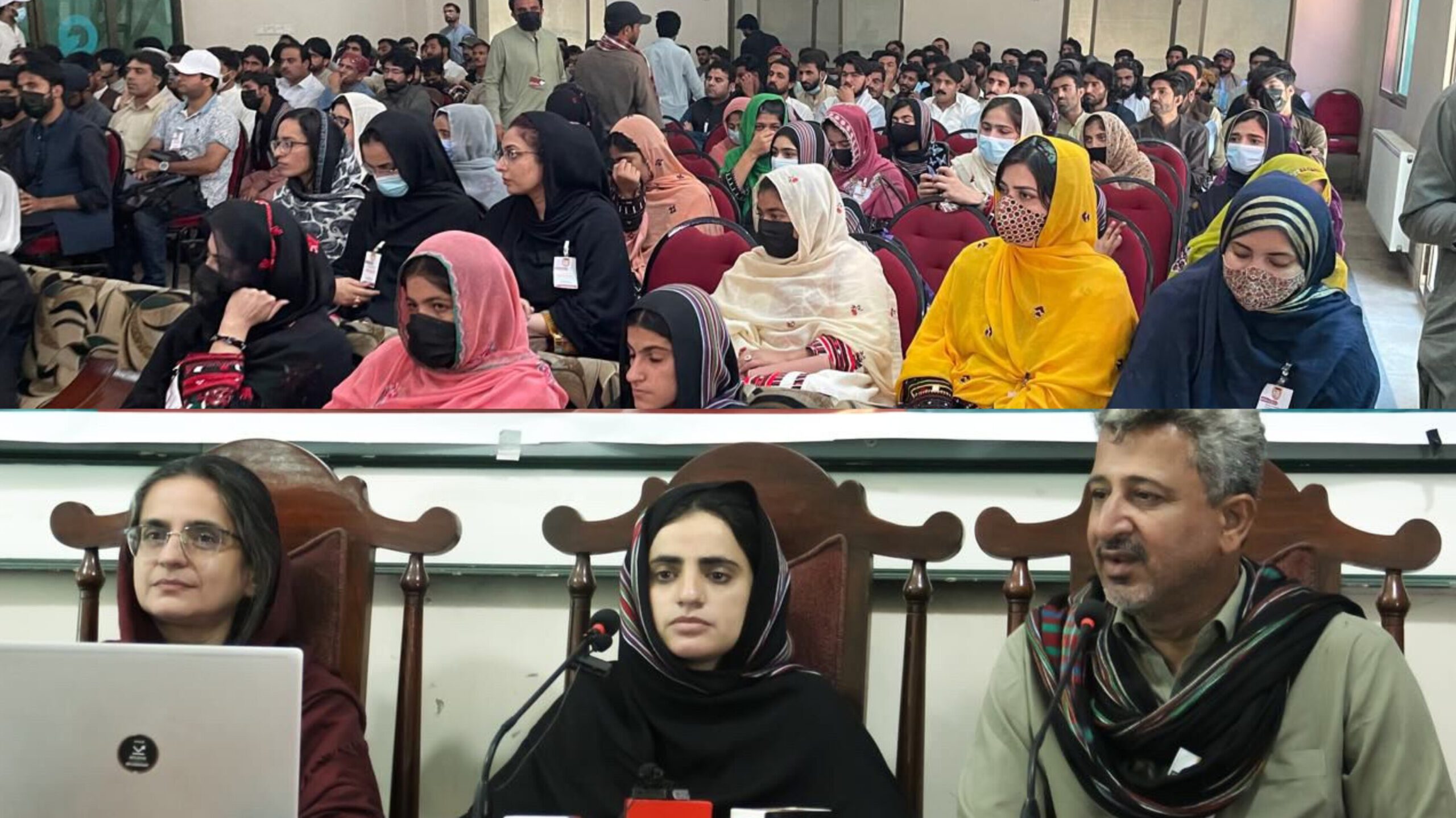The Baloch Yakjehti Committee convened a comprehensive academic conference on the topic of Gwadar’s fencing at the Quetta Press Club. Despite facing obstruction from local authorities, the event saw a significant turnout and robust engagement from attendees.
#COFG2024
— Baloch Yakjehti Committee (@BalochYakjehtiC) May 19, 2024
Fencing Gwadar
From Mega Project to Mega Prison
May 18, 2024
Baloch Yakjehti Committee
Contents:
➢ Introduction
➢ Objectives of the Conference
➢ Proceedings of the Conference
• Paper Presentations
• Speeches
• Panel Discussions
• Tableau
➢ Concluding Remarks… pic.twitter.com/SEBGwNM2i8
The conference aimed to foster scholarly discourse surrounding the fencing of Gwadar, devise resistance strategies, evaluate its socio-economic and political ramifications, and explore relevant legal and international frameworks.
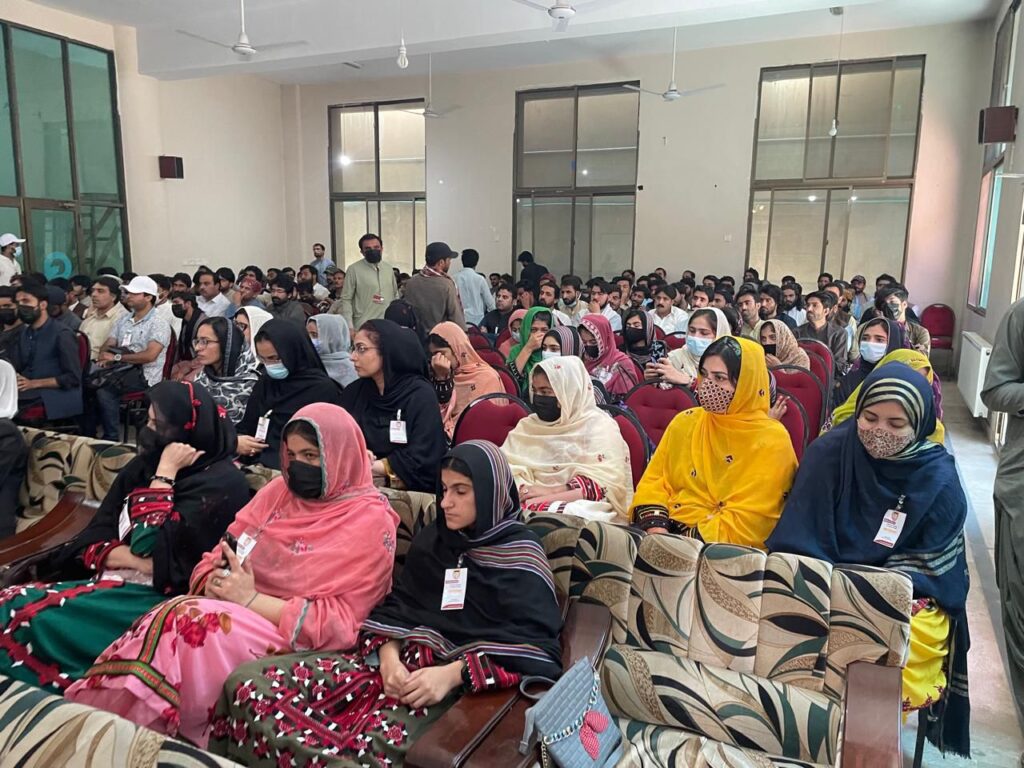
Proceedings of the Conference :-
Papers covering diverse aspects of the issue were presented, including geopolitical impacts, legal perspectives, and economic implications. Notable presentations included analyses by Mir Muhammad Ali Talpur and Imaan Mazari.
Panel Discussions : –
Engaging panel discussions delved into topics such as resistance strategies against Gwadar’s fencing and the militarization of the region due to the China-Pakistan Economic Corridor (CPEC). Panelists emphasized unity and highlighted the adverse effects on local populations.
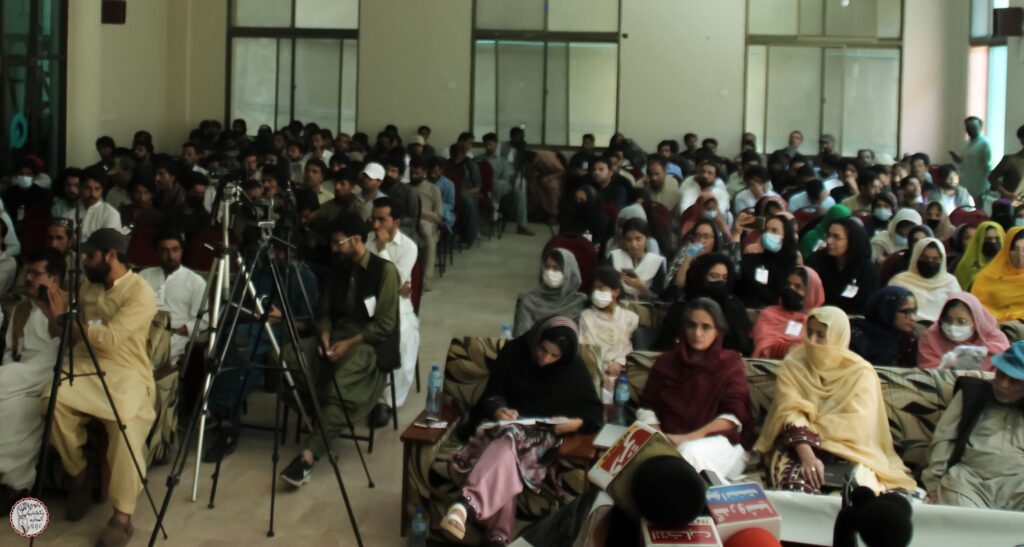
Speeches :-
Insightful speeches by Mehwish Ahmed and Dr. Naseer Dashti addressed mobilizing international support against the fencing and the socio-political consequences for Balochistan, respectively.
Concluding Remarks :-
Despite challenges posed by local authorities, the conference provided a platform for critical dialogue and strategic planning regarding the contentious issue of Gwadar’s fencing. Participants expressed determination to continue efforts in raising awareness and seeking redressal through legal and diplomatic channels.
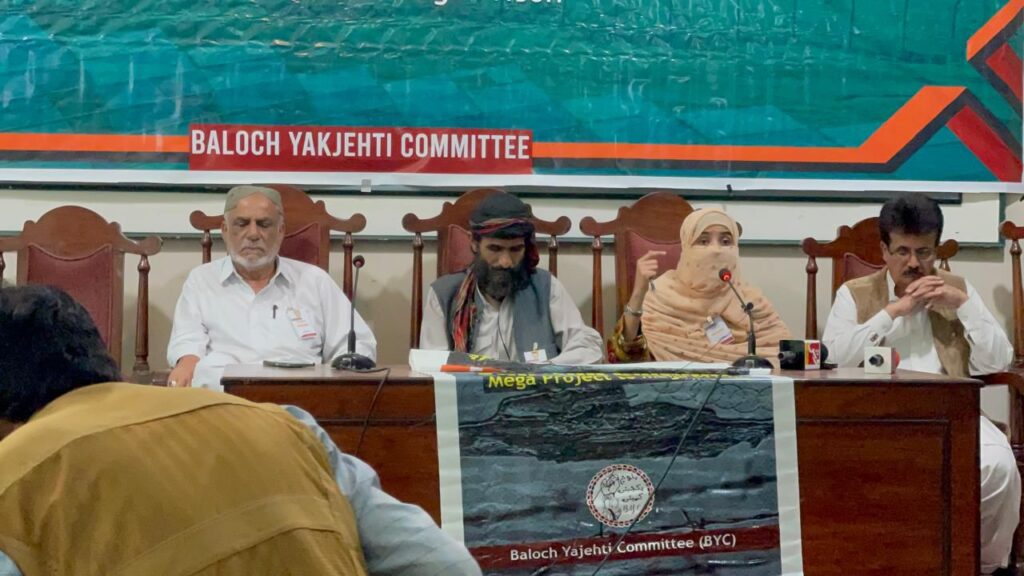
The conference organized by the Baloch Yakjehti Committee served as a significant forum for addressing concerns related to the fencing of Gwadar. By facilitating scholarly discussions and advocating for grassroots resistance, the event underscored the importance of collective action in addressing complex socio-political challenges.
Dr. Mahrang Baloch who is leading the Baloch Yakjehti Committee, illuminated that the entire population of Gwadar are living in a constant state of fear since the start of the CPEC. The State has segregated the city into compartments, with the military and settlers living in concrete and steel fortifications while the natives are caged outside the city under the open sky.
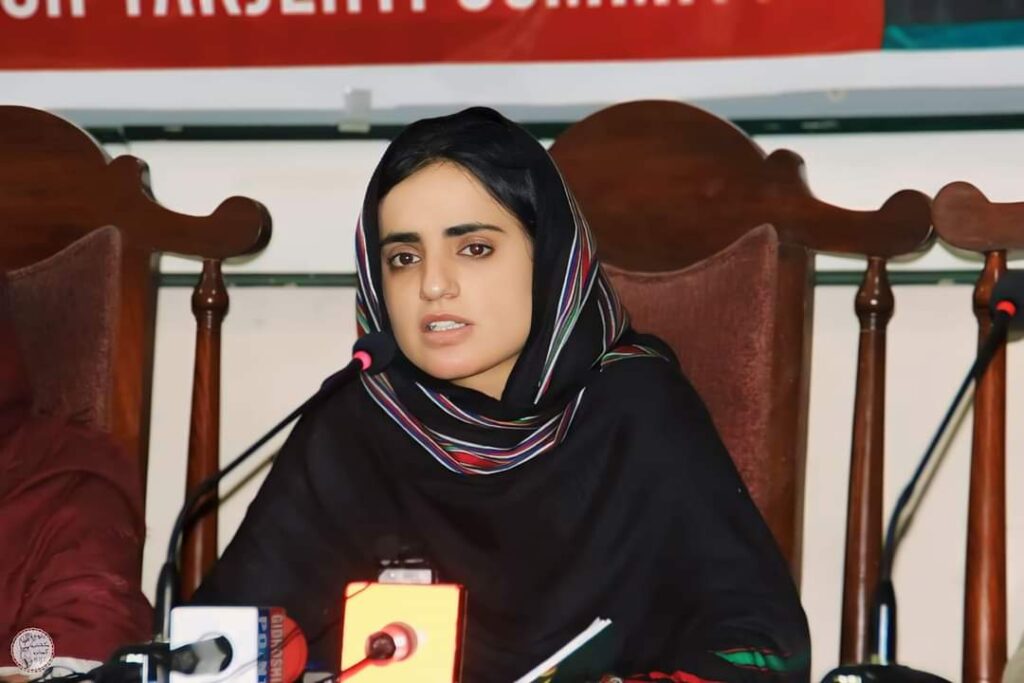
She added that the fencing not only concerns Gwadar but the entire Balochistan. She also praised the courage and resilience of the Baloch natives of the city who, despite Chinese and Pakistani persecution and harassment, are still not willing to leave their ancestral land. In her concluding remarks, she said that we will continue to resist the colonial designs aimed at the genocide of the Baloch people.
